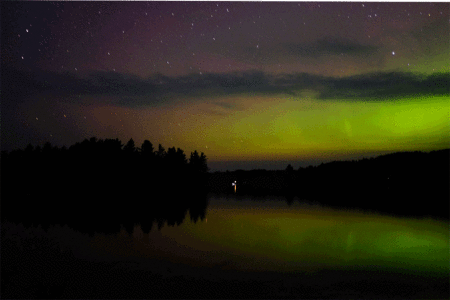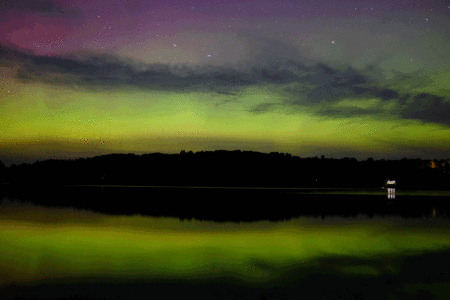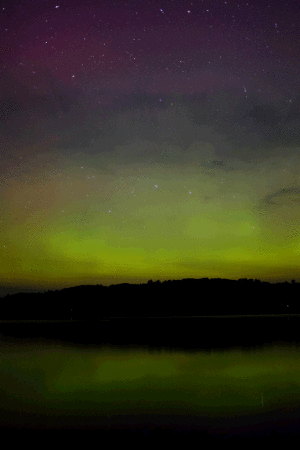On Thursday and Friday I photographed a conference at the Munk School, hosted in part by the Bill Graham Centre for Contemporary International History: Regional Governments in International Affairs: Lessons from the Arctic.
Category: Canada
Anything related to Canada or Canadians
Threats of gendered violence at U of T
Anonymous threats of violence against women and feminists at the University of Toronto have appeared online recently.
In response, the women’s caucus of CUPE 3902 organized a demonstration against gendered violence.
“Sanctuary” dedication
At Massey College today a magnificent new sculpture was unveiled in the quad: a bronze cast of birch branches made by Camilla Geary-Martin.
The artwork is dedicated in part to Ursula Franklin — a remarkable Senior Fellow of the College — as well as the late Boris Stoicheff.
A guaranteed minimum income for Canada?
Back in 2012, then-Conservative senator Hugh Segal gave an impressive lecture on achieving large-scale poverty reduction in Canada, including through the establishment of a guaranteed minimum income.
Recently, he spoke with The Georgia Strait about how the topic is unlikely to come up during this election.
“Toxic Tour” of Sarnia’s chemical valley
On Saturday, the Aamjiwnaang First Nation brought in about 200 people by bus to witness firsthand the petrochemical complex that surrounds their reserve.
A number of Toronto350.org members took part, partly as a means of showing solidarity and support for aboriginal communities who are resisting fossil fuel development and climate change.
Open thread: 2015 federal election
Stephen Harper’s Conservatives won their first minority in Canada’s 39th general election in 2006, defeating the Liberals under Paul Martin with 124 seats to 103.
In 2008, the Conservatives did better against the Liberals under Stéphane Dion, ending up with 143 and 77 seats respectively.
In 2011, the Conservatives won a majority government with 166 seats. The Liberals under Michael Ignatieff fell to 34 seats and the NDP became the official opposition under Jack Layton.
On October 19th, we will have our 42nd general election. Polls suggest the NDP is most likely to win, but a lot can still change and may outcomes seem possible.
In the long run, I think Canada would be best off if the Liberals and NDP merged into a Liberal-Democratic Party that will be consistently capable of competing with a united right-wing. I respect the fear some people have that a system dominated by two parties will lead to US-style politics. At the same time, Canada’s parliamentary system with executive-legislative fusion has quite distinct characteristics from the US presidential/congressional split.
When it comes to climate politics, we can’t have policies that get reversed with every change of government. Libertarians and conservatives need to acknowledge what we are doing to the planet and endorse effective policies for responding to it. Continued delay will only increase the eventual need for government intervention.
Sweden
As a long-time student of politics, I often find myself wondering if Sweden simply has public policy basically figured out and everyone else is just screwing it up or governed by self-interested elites.
Would nearly all countries be better off imprisoning their politicians and high-level civil servants, bringing in some Swedish politicians and bureaucrats, and then having the newcomers exact sensible public policies across the board?
After finishing my PhD at U of T, the idea of moving to Sweden for at least 2-3 years has a lot of appeal at the moment.
The Harperman imbroglio
This little song, written by Environment Canada scientist Tony Turner, has received a lot of media attention:
CBC: Harperman case: Can public servants be political activists?
The Guardian: Canada government suspends scientist for folk song about prime minister
Both the song and the public responses point to one of the big unsettled questions about the appropriate conduct of the public service. What are citizens who are employed to serve the public interest meant to do when the country is badly governed by their political bosses?
Watching the aurora
Thanks to the intervention of my friend Amanda, I spent the weekend at my friend Sabrina’s cottage on Paugh Lake, near Barry’s Bay, Ontario.
I had high hopes for a clear view of the fading Perseid meteor shower on Friday and Saturday night. Friday night was overcast and raining, though it was still remarkable to be in a place where rain falling on roofs and water, along with animal noises, were the only things audible. I am not sure when I was last outside a major urban area, but there haven’t been many cases since I moved to Toronto.
Saturday gifted us with perfect astronomical viewing conditions: far from city lights, and untroubled by the moon. We didn’t see a lot of meteors, but the sky was so full of stars that it made identifying familiar constellations a challenge. Across the sky, the band of the Milky Way was clearly visible, wheeling above us as the night went on.
Experimenting with some long exposures with my Fuji X100S (and a stepladder and dishcloth as an improvised tripod) I was surprised to see that the vague light in the northern sky came out as brilliant colour when photographed at 1600 ISO with a 30″ exposure.
I ended up spending hours photographing the aurora. There will be high quality images soon (and animated GIF is a terribly low-quality format for something so beautiful), but I wanted to put something up right away that would show the movement of the lights.
You may need to click the thumbnail to see the animation:
Aside from reducing the resolution and converting them to GIF format, these images are straight from the camera, not manipulated with any sort of software.



